U.S. wants Apple to give law enforcement a back door allowing it to read encrypted data

On Sunday, the U.S. Department of Justice (DOJ) along with the other four "Five Eyes" nations comprising of Australia, Canada, New Zealand, and the United Kingdom, issued a statement about encryption. The so-called intelligence alliance said in the statement that it is in favor of strong encryption, which it points out "plays a crucial role in protecting personal data, privacy, intellectual property, trade secrets and cyber security. The alliance also says that encryption also serves a vital purpose in repressive states to protect journalists, human rights defenders and other vulnerable people."
DOJ wants tech firms to create backdoors on tech devices to help protect consumers
However, the DOJ says that there are times when encryption is not in the public interest. As an example, the regulatory agency says that it is concerned with industries where encryption is used to completely prevent any legal access to content. The DOJ says that the countries signing the statement want to allow law enforcement agencies to protect sexually exploited children and as a result, these investigators might need to access encrypted information. So the Justice Department is asking some tech firms, including Apple, to design backdoors into their devices allowing law enforcement agencies to have some access to secure data. If authorization is received, the encrypted content would be available to law enforcement in a usable and readable format. There would be safeguards and oversights to make sure that the content isn't just being turned over for purposes that have nothing to do with the protection of children.
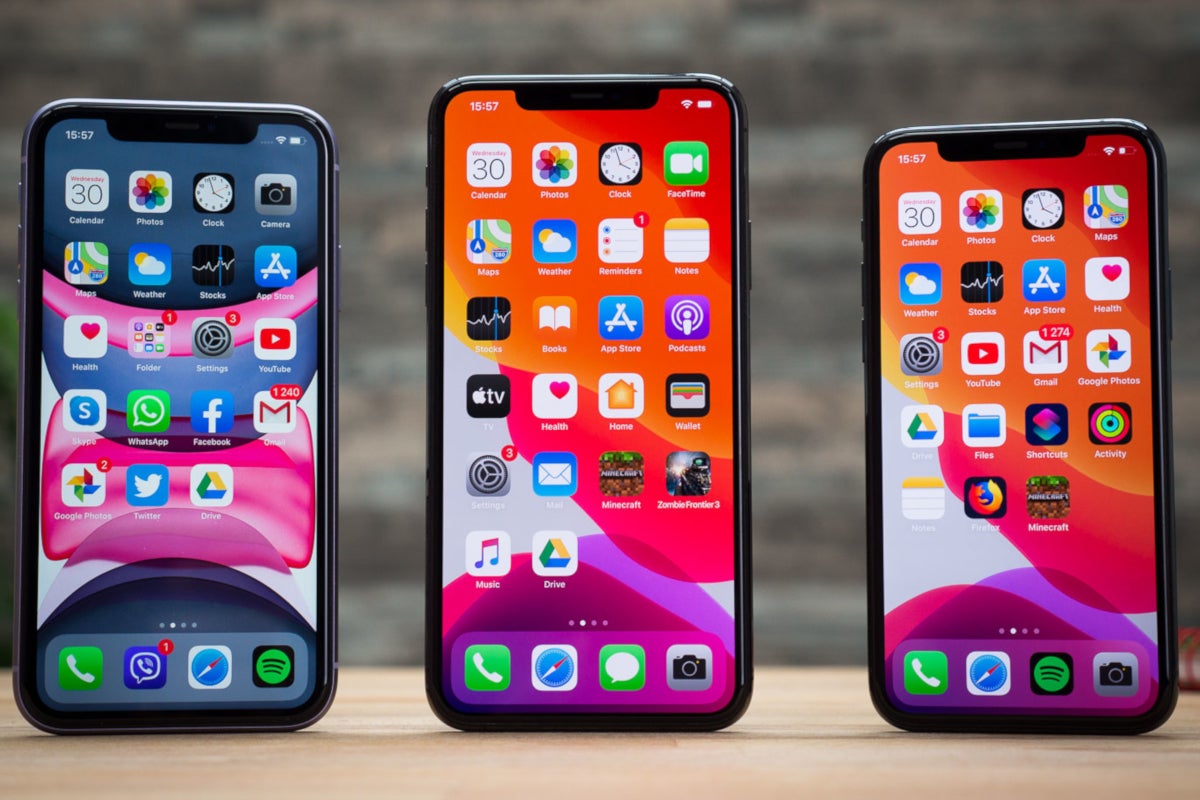
The DOJ wants to be able to crack end-to-end encryption if necessary to protect U.S. consumers
The release from the DOJ mentions its point of view as well as the point of view of the tech firms being asked to lighten up on the encryption. The release states that law enforcement has a responsibility to protect citizens by "investigating and prosecuting crime and safeguarding the vulnerable." On the other hand, tech firms also have a responsibility and end-to-end encryption can negatively impact public safety in two ways according to the DOJ:
By severely undermining a company’s own ability to identify and respond to violations of their terms of service. This includes responding to the most serious illegal content and activity on its platform, including child sexual exploitation and abuse, violent crime, terrorist propaganda and attack planning; By precluding the ability of law enforcement agencies to access content in limited circumstances where necessary and proportionate to investigate serious crimes and protect national security, where there is lawful authority to do so.
Last year, for example, there was a report that senior White House officials wanted to outlaw end-to-end encryption. The administration said that this form of encryption, which allows only the person who sends a message and the message's recipient to read it, prevents law enforcement officials from investigating drug trafficking, terrorism, drug trafficking, and child pornography. All of these things are obviously bad for the public which is why the DOJ and the FBI say that it is more important to be able to catch criminals than to protect personal data. Apple has several times fought back against law enforcement demands to crack open a locked iPhone owned by a terrorist. In these situations, Apple explained its concern that if it passed out a version of iOS that allows the government to unlock a suspect's iPhone, the software could be copied by hackers and get into the hands of the wrong people. Every iPhone owner would then be at risk.
While Apple has been able to hold off the U.S. government thus far by simply refusing to turn over the necessary software, eventually this game plan is no longer going to work; eventually it might end up a mighty struggle all the way through the Supreme Court to determine where the line is drawn on encryption. And as usual, it will be a battle between the government's right to know in order to protect its citizens vs. the privacy rights of consumers. But the DOJ doesn't see things as so black and white. The agency wrote that "However, we challenge the assertion that public safety cannot be protected without compromising privacy or cyber security. We strongly believe that approaches protecting each of these important values are possible and strive to work with industry to collaborate on mutually agreeable solutions."
Follow us on Google News

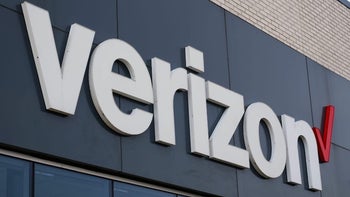
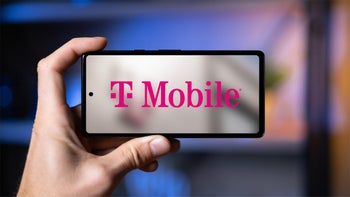
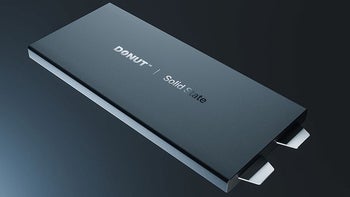

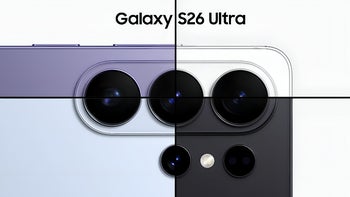
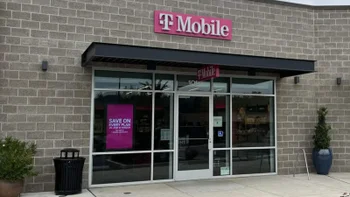

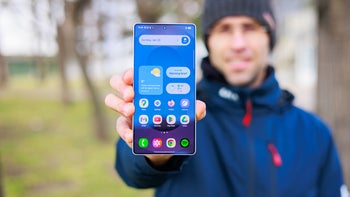
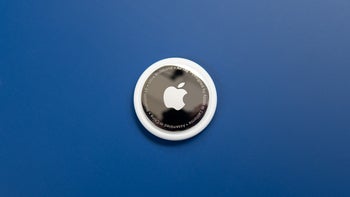
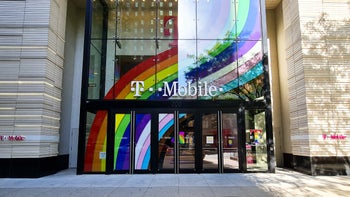
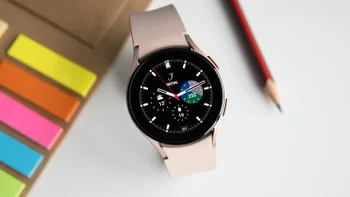
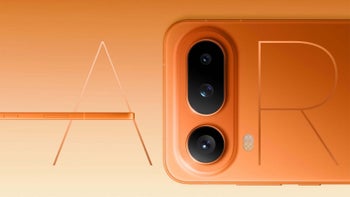
Things that are NOT allowed:
To help keep our community safe and free from spam, we apply temporary limits to newly created accounts: